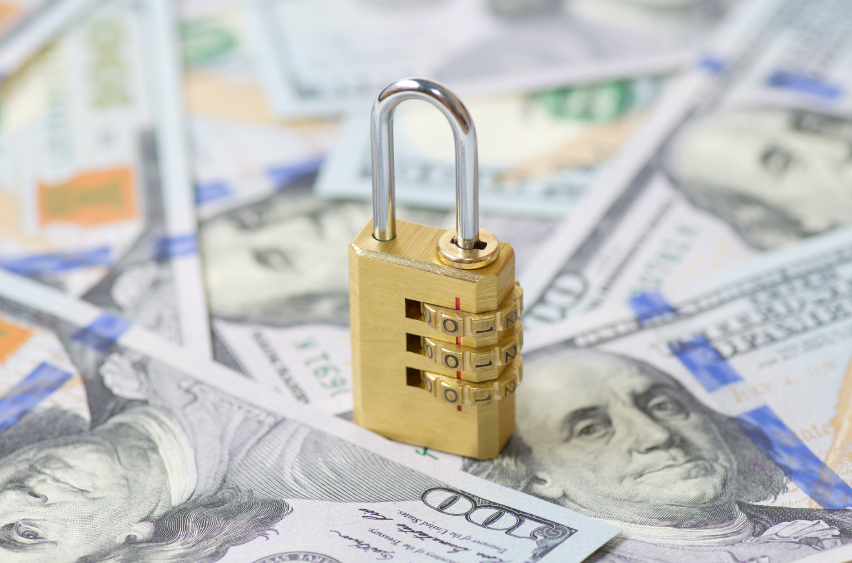Locking in your exchange rate can make your day – or cost you thousands. Whether you need to pick up some currency before an overseas holiday, or regularly send money overseas, we look at when you can lock in an exchange rate and the best way do it.
If you are sending money overseas from New Zealand, the best time to lock in the exchange rate is when the New Zealand dollar is at its highest point. So, if you are sending U.S. Dollars overseas and the NZD to USD exchange rate is 0.7000 – it’s better to lock in the rate if the rate moves higher, to say 0.7200.
If you are transferring money back to New Zealand, however, you want the exchange rate to be as low as possible before you fix it.
What to Consider Before You Lock in an Exchange Rate
One of the most important things to consider is that once the exchange rate is locked in – that’s it. There is no going back. This means that if the exchange rate moves in your favour after you’ve locked it in, you won’t be able to take advantage. It also means that if you no longer need the currency you’ve pre-bought or locked in, you may have to sell it at a loss.
Half and Half
Consider locking in half of your currency, instead of the full amount. That way, if the exchange rate moves in the direction you want, you can still get the remaining 50% at a better exchange rate.

Rate Alerts
Another option is to set an exchange rate you’d be happy with and set a rate alert. It won’t lock in the rate but it will save you the hassle of watching the rate each day.

Good Advice is Worth its Weight
If you are regularly transferring money internationally, make sure you get some advice. Each person’s situation is different, so make sure you get some sensible advice from a qualified financial professional.

How to Lock in an Exchange Rate
There are a couple of different ways to effectively lock in an exchange rate. Make sure you consider the time each takes to set-up, as well as the fees and charges involved.
Foreign Currency Accounts
If you are transferring currency regularly, or in larger amounts, consider opening a Foreign Currency Account. If you are sending money overseas and worried about the New Zealand dollar falling, you have the ability to buy your currency and hold it in one of these accounts. Most major banks offer them to individuals and businesses but they really vary from bank to bank.
For more information, read: Foreign Currency Accounts: Explained and Compared
Using a Forward Exchange Contract
Forward Exchange Contracts allow you to lock in an exchange rate for a specific amount for a future date. Most banks offer these contracts to businesses but they are not always available to individuals. Companies like OFX and World First allow individuals to lock in exchange rates with Forward Exchange Contracts but they do require you to place a deposit. Usually, it’s 5-10% of the amount you want to lock in.
Forward Contracts are a financial product that you should understand fully before using. Do your research to make sure you understand the benefits, costs and potential risks associated with using them before going ahead.
For more information, read: 5 Things You Should Know About Forward Contracts
